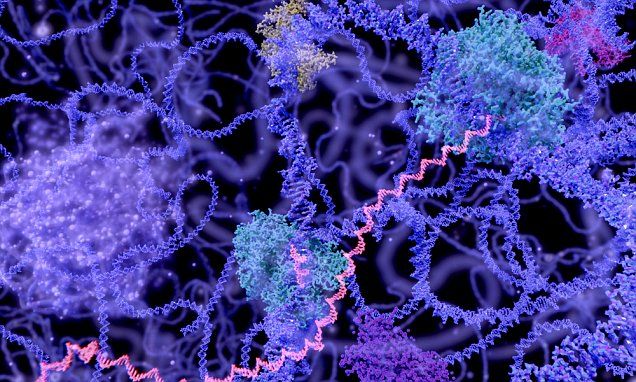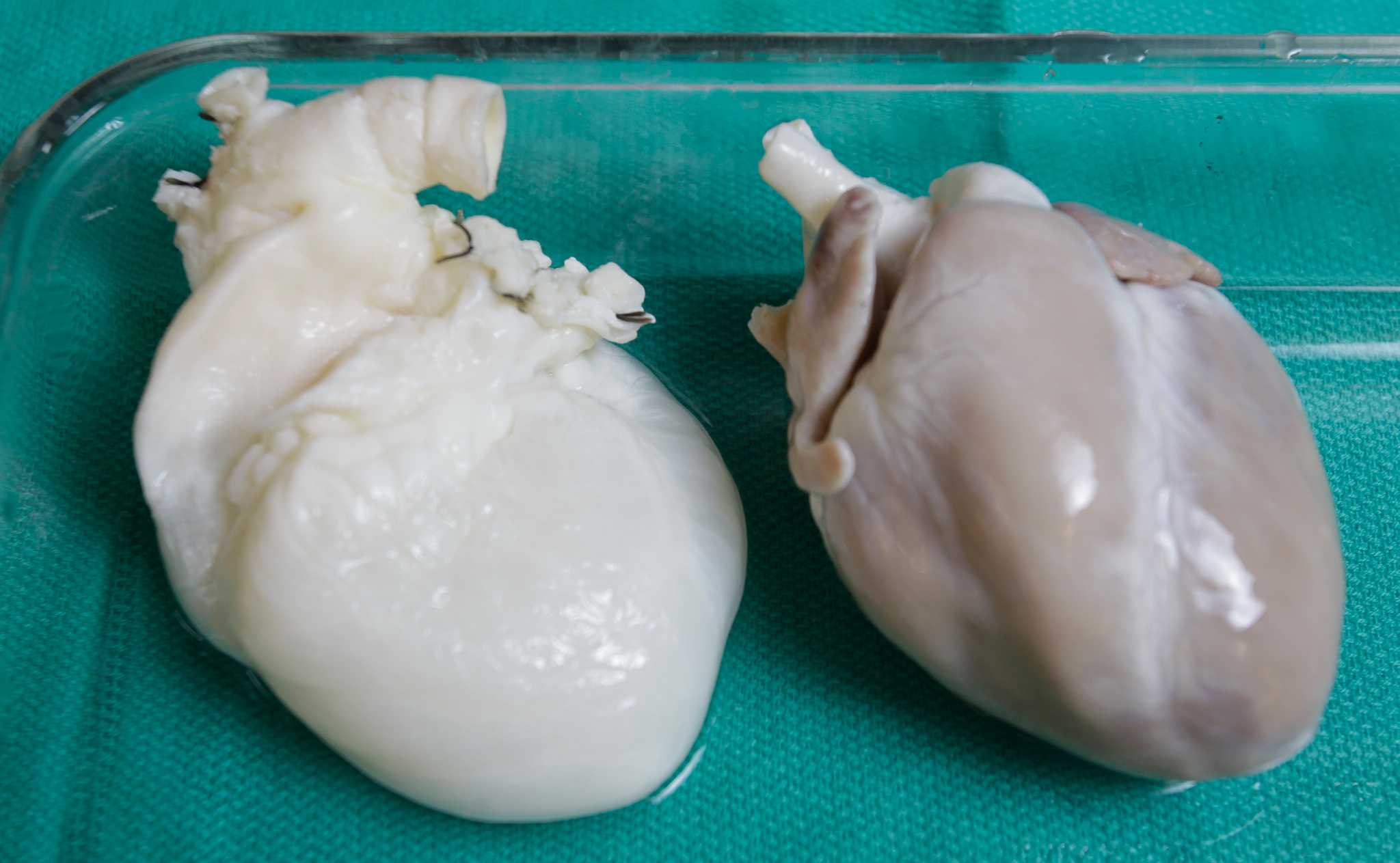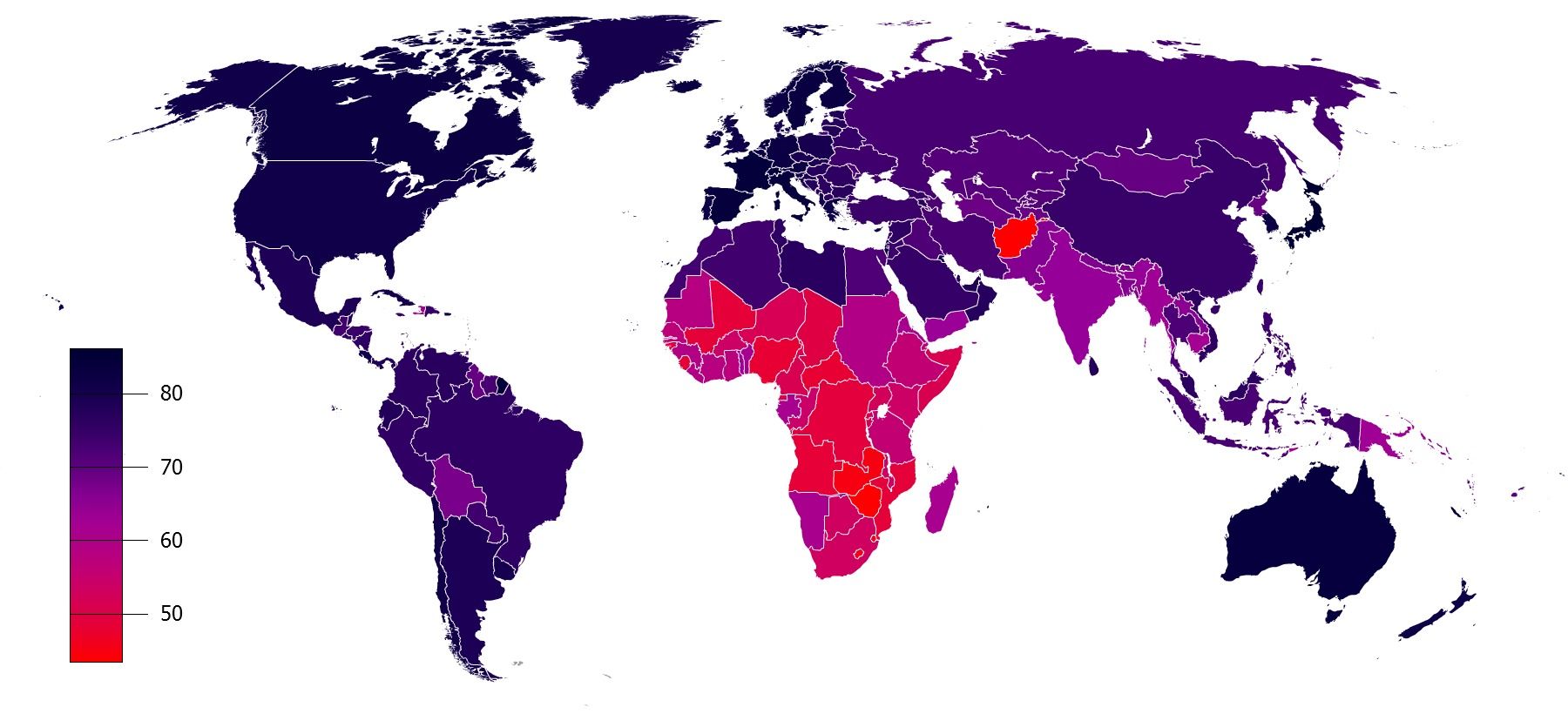Oct 18, 2016
Biocentrism: Where The SOUL Goes After Death [VIDEO]
Posted by Karen Hurst in categories: chemistry, life extension, neuroscience, quantum physics
Now, from the wild side.
Quantum Theory Proves Consciousness Moves To Another Universe After Death. There is an interesting new theory emerging from a scientist long familiar with physics, quantum mechanics and astrophysics. Biocentrism teaches that life and consciousness are fundamental to the universe. It is consciousness that creates the material universe, not the other way around. At least, the new thinking that has given birth to the new theory of biocentrism, which the professor, Dr. Robert Lanza, freely espouses. Lana has been voted the 3rd most important scientist alive by the NY Times. Lanza is an expert in regenerative medicine and scientific director of Advanced Cell Technology Company. Before he has been known for his extensive research which dealt with stem cells, he was also famous for several successful experiments on cloning endangered animal species. Biocentrism—is a concept proposed in 2007 by American doctor of medicine Robert Lanza, a scientist in the fields of regenerative medicine and biology, which sees biology as the central driving science in the universe, and an understanding of the other sciences as reliant on a deeper understanding of biology. Biocentrism states that life and biology are central to being, reality, and the cosmos—consciousness creates the universe rather than the other way around. It asserts that current theories of the physical world do not work, and can never be made to work, until they fully account for life and consciousness. While physics is considered fundamental to the study of the universe, and chemistry fundamental to the study of life, biocentrism claims that scientists will need to place biology before the other sciences to produce a theory of everything.
Continue reading “Biocentrism: Where The SOUL Goes After Death [VIDEO]” »
















